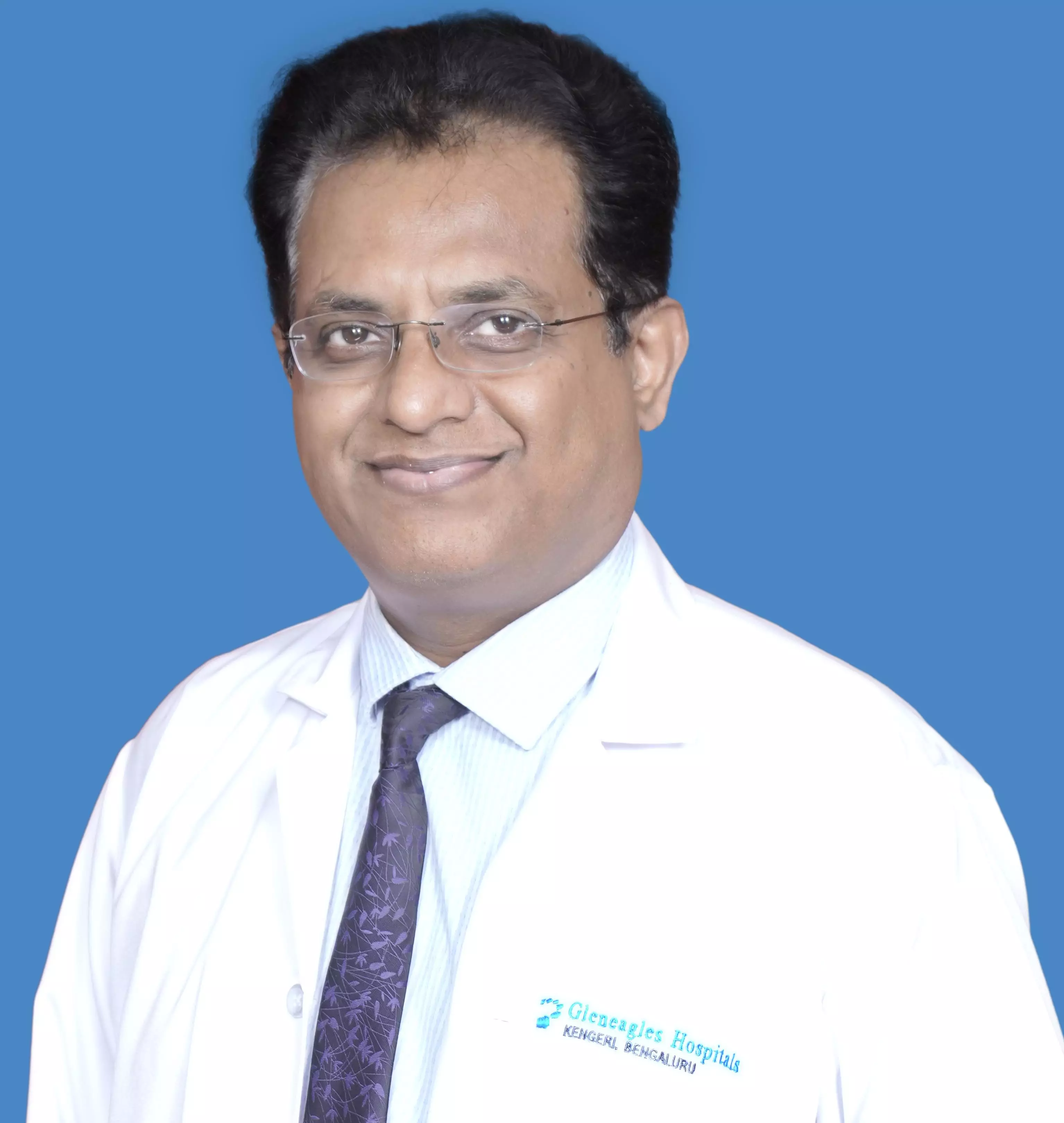- Home
- Medical news & Guidelines
- Anesthesiology
- Cardiology and CTVS
- Critical Care
- Dentistry
- Dermatology
- Diabetes and Endocrinology
- ENT
- Gastroenterology
- Medicine
- Nephrology
- Neurology
- Obstretics-Gynaecology
- Oncology
- Ophthalmology
- Orthopaedics
- Pediatrics-Neonatology
- Psychiatry
- Pulmonology
- Radiology
- Surgery
- Urology
- Laboratory Medicine
- Diet
- Nursing
- Paramedical
- Physiotherapy
- Health news
- Fact Check
- Bone Health Fact Check
- Brain Health Fact Check
- Cancer Related Fact Check
- Child Care Fact Check
- Dental and oral health fact check
- Diabetes and metabolic health fact check
- Diet and Nutrition Fact Check
- Eye and ENT Care Fact Check
- Fitness fact check
- Gut health fact check
- Heart health fact check
- Kidney health fact check
- Medical education fact check
- Men's health fact check
- Respiratory fact check
- Skin and hair care fact check
- Vaccine and Immunization fact check
- Women's health fact check
- AYUSH
- State News
- Andaman and Nicobar Islands
- Andhra Pradesh
- Arunachal Pradesh
- Assam
- Bihar
- Chandigarh
- Chattisgarh
- Dadra and Nagar Haveli
- Daman and Diu
- Delhi
- Goa
- Gujarat
- Haryana
- Himachal Pradesh
- Jammu & Kashmir
- Jharkhand
- Karnataka
- Kerala
- Ladakh
- Lakshadweep
- Madhya Pradesh
- Maharashtra
- Manipur
- Meghalaya
- Mizoram
- Nagaland
- Odisha
- Puducherry
- Punjab
- Rajasthan
- Sikkim
- Tamil Nadu
- Telangana
- Tripura
- Uttar Pradesh
- Uttrakhand
- West Bengal
- Medical Education
- Industry
Rare Disease Show Episode 15 : Understanding Congenital Hyperinsulinism with Dr Srinath Aswathiah - Video
|
Overview
Medical Dialogues presents a rare disease series, delving into the realm of uncommon medical conditions. Rare diseases are medical conditions that affect only a small percentage of the population. Throughout this series, we'll discuss these rare diseases in various episodes, with medical experts providing clear explanations and insights.
Rare Disease Show Episode 15-- In today's show we will cover Congenital Hyperinsulinism.
Congenital Hyperinsulinism (CHI) is a rare genetic disorder in which the pancreas produces excessive amounts of insulin. This leads to frequent episodes of low blood sugar (hypoglycemia), which can be dangerous if not managed promptly. CHI often presents in newborns or early childhood and may cause symptoms such as seizures, lethargy, or feeding difficulties. Treatment typically involves managing blood sugar levels through medication, diet, or, in severe cases, surgery to remove part of the pancreas. Early diagnosis and intervention are crucial to prevent long-term complications.
Dr Srinath Aswathiah, Consultant - Diabetologist & Endocrinologist in Bengaluru, shares his insights by addressing questions asked by the Medical Dialogues team.
1. Can you explain what Congenital Hyperinsulinism is and how it affects insulin regulation in the body? Why is it a rare disease?
2. How common is CHI, and are certain populations or ethnic groups more at risk?
3. What are the most common symptoms of Congenital Hyperinsulinism in infants and young children?
4. How is CHI typically diagnosed, and what tests are used to confirm the condition?
5. Is there a way to detect Congenital Hyperinsulinism prenatally, or are symptoms generally identified after birth?
6. How does untreated or poorly managed Congenital Hyperinsulinism affect a child’s growth and development?
7. What are the potential long-term consequences of frequent hypoglycemia associated with CHI?
8. Are there specific developmental milestones or health concerns that parents should be particularly mindful of in children with CHI?
9. What are the current treatment options for managing CHI, and how effective are they in controlling blood sugar levels?
10. Can you explain how medications like diazoxide and octreotide work in treating Congenital Hyperinsulinism?
11. If one child in a family is diagnosed with CHI, what is the likelihood that future siblings will also have the condition?
12. How has our understanding of CHI advanced in recent years, and what are the biggest challenges in developing better treatments?
13. Is gene therapy or personalized medicine being explored as a potential long-term solution for CHI?
14. What advice would you give to parents managing a child with CHI, especially in terms of day-to-day care and preventing hypoglycemia?
Speakers
Dr. Nandita Mohan is a practicing pediatric dentist with more than 5 years of clinical work experience. Along with this, she is equally interested in keeping herself up to date about the latest developments in the field of medicine and dentistry which is the driving force for her to be in association with Medical Dialogues. She also has her name attached with many publications; both national and international. She has pursued her BDS from Rajiv Gandhi University of Health Sciences, Bangalore and later went to enter her dream specialty (MDS) in the Department of Pedodontics and Preventive Dentistry from Pt. B.D. Sharma University of Health Sciences. Through all the years of experience, her core interest in learning something new has never stopped. She can be contacted at editorial@medicaldialogues.in. Contact no. 011-43720751
Dr Srinath Aswathiah MBBS, MD (Gen Medicine), MRCP (UK) is a Consultant Endocrinologist at BGS Gleneagles Global Hospital, Bengaluru having over 10 years in with inpatient diabetes and emergency endocrinology, and is skilled in managing acute hyponatraemia. He specialises in managing acute and chronic medical, diabetes and endocrine emergencies.




